Choosing the perfect shirt can be an overwhelming task given the plethora of brands available today, each offering unique styles, materials, and fits. Whether you are seeking a classic button-down for the office or a trendy tee for a casual day out, the right brand can make all the difference in comfort and style. Our meticulously curated list highlights the finest shirt brands that promise quality, durability, and cutting-edge fashion. To find out which brands have made the cut and what they have to offer, take a look below.

Illustration of shirt
Best brands of shirt in 2025
Brooks Brothers
Brooks Brothers is renowned as one of the premier producers of high-quality shirts, with a rich history dating back to 1818, making it the oldest continuous brand in America. The brand's commitment to "Made in America" is evident in its Garland, North Carolina factory, which has been producing iconic button-down sport shirts for over 40 years and employs around 200 people to produce approximately 5,500 shirts per week. Known for their sturdy and durable classic designs, Brooks Brothers shirts are admired by the menswear community across all ages. The brand's strong presence is also reflected in its online sales, with $98.8 million in eCommerce net sales in 2023 and a significant market share on platforms like Poshmark. Brooks Brothers' quality and craftsmanship have been verified by generations, solidifying its position as a leader in the fashion industry.
Ralph Lauren
Ralph Lauren is renowned as one of the premier producers of high-quality shirts, particularly with its iconic Polo Ralph Lauren brand, which has been a staple in men's luxury casual and sportswear since its launch in 1968. The brand's global revenue reached $6.44 billion in 2023, with a significant presence in North America, Europe, and Asia, accounting for 44%, 30%, and 24% of its revenue share, respectively, by the end of 2024. Ralph Lauren's e-commerce sales have also seen growth, with a 7% increase in 2023 and a projected 5% growth in 2024. The company operates over 9,275 distribution centers worldwide and employs around 23,400 people globally. Its strong brand identity and commitment to quality have made Ralph Lauren a leader in the apparel industry.
Hugo Boss
Hugo Boss has solidified its position as a leading producer of high-quality shirts, driven by its robust sales growth and strategic brand refresh. In 2023, the company reported a 15% increase in sales to 4.2 billion euros, with strong performances in the Americas and Asia/Pacific regions, where sales rose by 21% and 23%, respectively. The success is attributed to the "CLAIM 5" strategy, which has enhanced the brand's appeal, particularly among younger consumers. Digital sales also saw a significant boost, increasing by 23% in both Q4 and the full year 2023. This growth underscores Hugo Boss's commitment to innovation and customer engagement.
J.Crew
J.Crew is a prominent brand in the fashion industry, particularly renowned for its high-quality shirts that appeal to young professionals and those who appreciate preppy fashion. In October 2024, J.Crew generated $69,724,746 in online sales, with an average order value ranging from $150-175 and a conversion rate of 2.00-2.50%. The brand operates through its websites, catalogs, and over 260 retail and outlet stores in the United States. Despite facing financial challenges, such as a net loss of $120 million in FY 2019, J.Crew remains a significant player in the retail apparel sector. Its commitment to quality and style has maintained a loyal customer base.
Uniqlo
Uniqlo has established itself as a leading producer of high-quality shirts, renowned for its innovative and customer-centric approach. The brand's focus on in-house product planning, design, manufacturing, and distribution enables it to respond swiftly to customer needs, resulting in cost savings and efficient supply chain management. Uniqlo's signature innovations, such as HeatTech, AIRism, and LifeWear, have garnered significant consumer appreciation, with HeatTech sales exceeding 1.5 billion units as of 2022. The brand's global expansion has been impressive, with international operating revenue increasing by 839.42% from $1.04 billion in 2012 to $9.77 billion in 2023. Uniqlo's commitment to quality and innovation is reflected in its 14.8% profit margin in 2023.
Burberry
Burberry, a luxury British brand established in 1856, is renowned for its high-quality clothing, particularly its iconic trench coats and stylish shirts. Despite recent challenges, including a 22% decline in retail revenue in Q1 of fiscal 2025 and a 7% decline in the Americas in Q4 of fiscal 2023, Burberry has seen significant growth, with a 432% increase in revenue since 2005 and a 16% rise in comparable store sales in Q4 of fiscal 2023 driven by a 13% increase in mainland China.
Tom Ford
Tom Ford is renowned for its high-quality shirts, often priced between $595 and over $1,000, reflecting the brand's luxury status and attention to detail. With a strong presence on platforms like Poshmark, where Tom Ford generated $96,300 in revenue last month, the brand maintains a niche but significant market share of 0.008%. Known for its sleek designs and premium materials, Tom Ford shirts are favored by fashion-forward individuals, particularly those between 15 to 35 years old. The brand's commitment to quality is evident in its use of high-quality cottons and handmade details like buttonholes. Tom Ford's shirts are a staple in the luxury fashion segment, competing with brands like Chanel and Armani.
Calvin Klein
Calvin Klein is a renowned global fashion brand, established in 1968 in New York, known for its minimalist and sensual aesthetic. The brand is a leading producer of high-quality apparel, including shirts, with global retail sales of approximately $9 billion in 2023. Calvin Klein's products are characterized by their high-quality construction and the elimination of unnecessary details, ensuring unique and long-lasting pieces. The brand's retail sales are predominantly driven by North America, accounting for 49% of global sales, followed by Europe with 33%, and Asia Pacific with 16%. Calvin Klein's commitment to innovative design and modern marketing solidifies its position as a top choice for fashion enthusiasts. Discover more about their collections on the official Calvin Klein website.
H&M
H&M, though criticized for its environmental impact, is a prolific producer of shirts, churning out 3 billion garments annually, including a significant portion of shirts. However, the brand's fast fashion model has led to substantial waste, with 92 million tonnes of clothing discarded each year. Despite this, H&M has made efforts towards sustainability, such as investing $100 million in the Green Machine technology to recycle fabrics and aiming to use entirely "sustainable fabrics" by 2030. The company also participates in initiatives like the Better Cotton Initiative and cooperates with the Worldwide Fund for Nature to improve water management. Nevertheless, the scale of their production, with 60% of global fibers being polyester, contributes to global pollution and microplastic issues. For more details on their sustainability efforts, visit their supply chain transparency page.
Zara
Zara stands out as a leading producer in the fast fashion industry, particularly for shirts, due to its innovative and customer-centric approach. The brand produces over 840 million garments annually, with a significant portion being shirts, and introduces around 12,000 new designs each year, ensuring a constant refresh of styles to meet changing fashion trends. Zara's strategy involves testing small batches of designs in stores, allowing for quick adjustments based on customer feedback and ensuring hyper-local relevance. This approach has contributed to Zara's global sales growth, such as an 11.4% increase in the nine months to October 2023. The brand's efficient supply chain enables new products to reach stores within 10 to 15 days, further enhancing its competitive edge. Discover more about how Zara is achieving success in fast fashion through analytics.










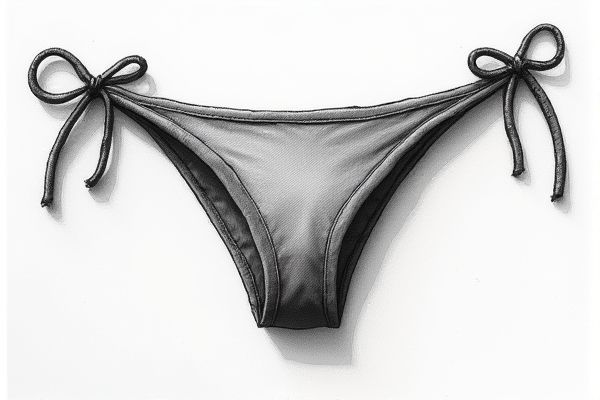
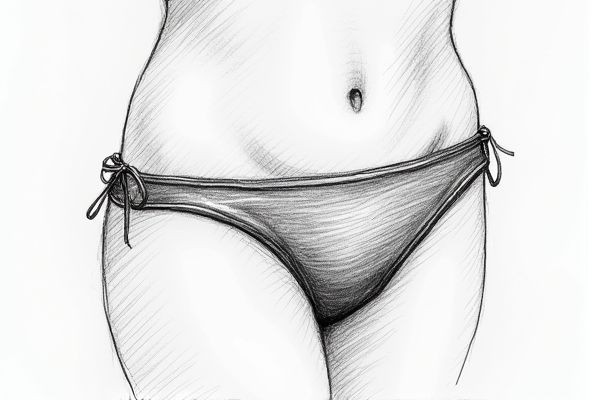
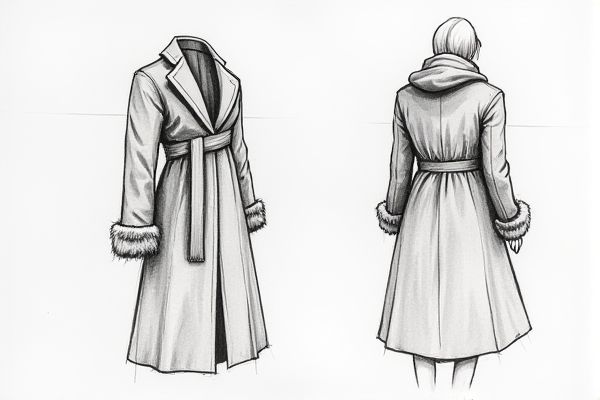
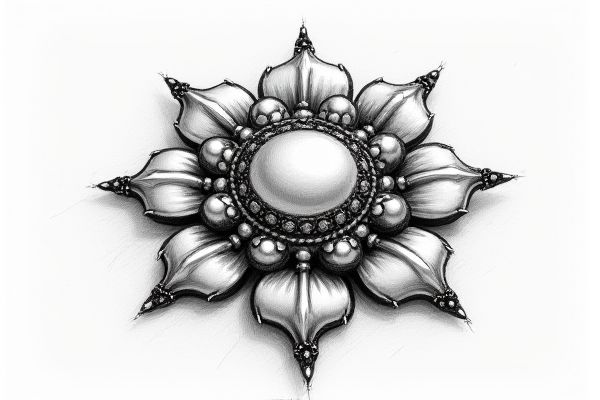
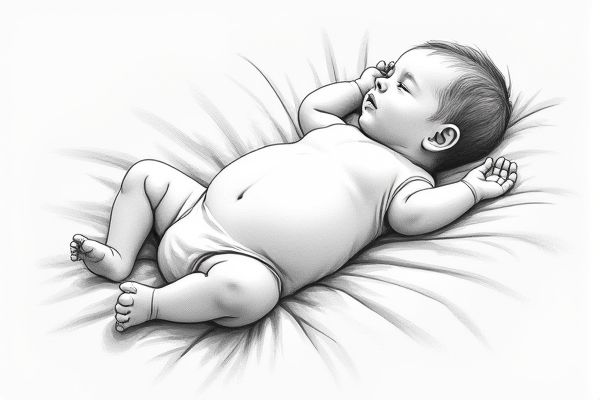
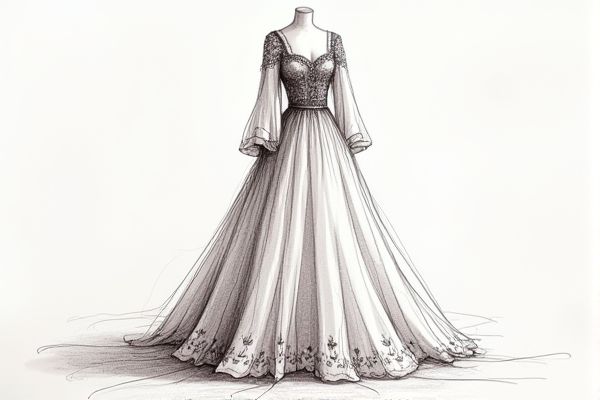
Leave a Reply
Your email address will not be published.